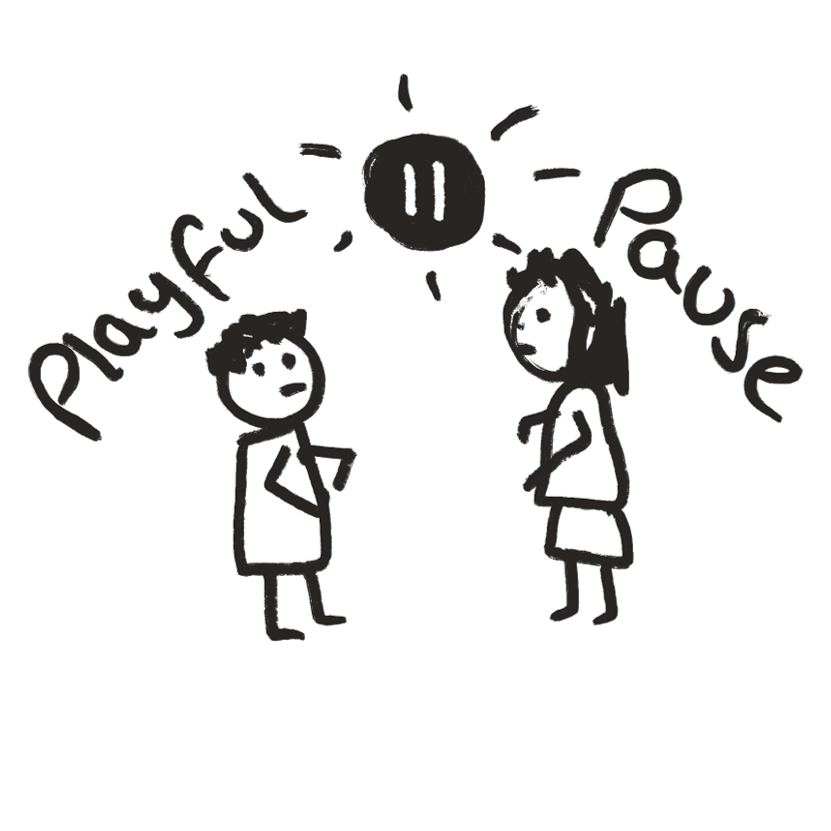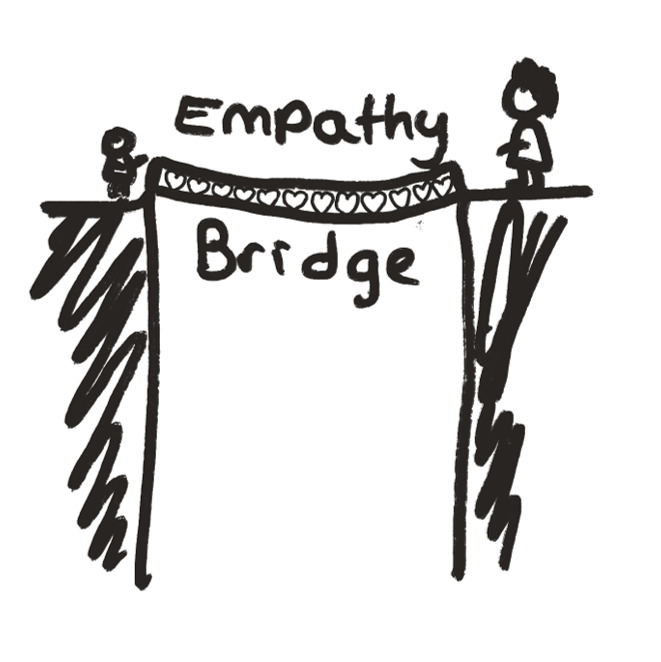The Night-Time Journeys of Sophie
Sophie was eight years old, a little girl with curly brown hair that seemed to dance with every movement she made. By day, she was bright and imaginative, often found sketching rocket ships and far-off planets in her notebook. But as dusk settled and the sky turned shades of amber and indigo, a change would come over her. Bedtime was approaching, and with it, an unspoken tension.
Her foster carer, Elaine, noticed this pattern soon after Sophie came to live with her. Each night was a struggle—a silent battle against shadows that seemed to grow longer and darker in Sophie's world. The routine tasks of putting on pyjamas, brushing teeth, and settling into bed became hurdles that both of them had to overcome together.
One evening, Elaine sat down with Sophie at the kitchen table. "Tell me about your drawings," she encouraged gently, pointing to a vivid sketch of a rocket soaring through a starlit sky.
"It's going to Mars," Sophie murmured, her eyes fixed on the paper.
"Why Mars?" Elaine asked.
"Because it's far away," Sophie replied, her voice barely above a whisper.
Elaine realised that Sophie's fascination with distant planets wasn't just a childhood whim—it was a longing to escape from memories that haunted her, especially at night. Bedtime, with its stillness and darkness, brought back feelings that Sophie wasn't ready to share.
Determined to help, Elaine began to think of ways to make bedtime less daunting and more comforting for Sophie. She introduced the idea of creating a 'story star' each night. Together, they would add a glow-in-the-dark star to the ceiling above Sophie's bed, each one representing a happy memory from the day or a hopeful wish for tomorrow.
As they placed the first star, Sophie looked up and whispered, "Now the stars can watch over me."
"Yes," Elaine smiled. "And each one is a reminder that you're safe and loved."
Over the following weeks, their bedtime ritual expanded. They would read stories about space adventures, imagine their own tales of friendly aliens, and even craft paper rockets to hang in the room. The once intimidating darkness transformed into a canvas of glittering stars and possibilities.
Slowly, the night-time anxiety began to wane.
Sophie's rocket ships no longer symbolised a desire to flee but became vessels of exploration and joy. She started to share more with Elaine—her fears, her dreams, and the memories that had once been too heavy to bear alone.
One night, as they added another star to the ceiling, Sophie turned to Elaine and said, "I think Mars isn't so lonely anymore."
"Why's that?" Elaine asked.
"Because now I have someone to share the journey with," Sophie replied, slipping her small hand into Elaine's.
Reflections on Bedtime Routines
Sophie's story reflects the experiences of many children in the care system who struggle with bedtime. For them, the transition to night can be a vulnerable time when the distractions of the day fade and unsettling thoughts emerge. The quiet can amplify feelings of insecurity or bring back difficult memories.
Creating a consistent and nurturing bedtime routine can make a significant difference. By incorporating elements of playfulness and imagination, like adding 'story stars' or crafting bedtime stories together, carers and parents can transform bedtime from a source of anxiety into an opportunity for connection and healing.
Here are some insights drawn from Sophie's journey:
-
Understanding and Patience: Recognising that bedtime can be challenging allows carers to approach it with empathy.
-
Consistency: A predictable routine provides a sense of security and stability.
-
Creative Rituals: Engaging in activities like decorating the room with stars or sharing stories can make bedtime enjoyable.
-
Open Communication: Encouraging children to express their feelings helps build trust and alleviates fears.
Let us know what you thought



Policies
Awards & Recognition

Copyright © 2026, Pink Pearl Consulting Limited, registered in England & Wales, no. 16232207.

What this pearl is all about
What you could say in the moment
(Said softly, perhaps while offering a reassuring hand on the shoulder if welcomed, conveying that you are not angry and will stay by the child’s side until the emotional waves settle.)

What this pearl is all about
What you could say in the moment
(This phrasing invites the child to explain, without outright accusing them of lying. It uses "I wonder" instead of "You’re lying", signalling curiosity. You might even playfully put on “magic truth glasses” with your fingers, if age-appropriate, to lighten the moment and show the child they’re not angry.)

What this pearl is all about
What you could say in the moment
(This script explicitly assures the child of your enduring acceptance. Phrases like “no matter what” and “nothing will change that” directly address fear of rejection. You might literally open your arms like a shield or put an arm around the child if appropriate, to physically reinforce the feeling of protection and safety.)

What this pearl is all about
What you could say in the moment
In this playful script, you create a tiny imaginative game (“Defiance Dragon”) to externalise the child’s defiance as something we can team up against playfully. The exact script can vary widely by age (for a teenager, humour might be more understated, like you suddenly doing a goofy dance and saying “Ugh, what a morning – shall we hit reset and start over?” with a grin). The essence is to surprise the child out of the stuck position with levity. Your willingness to be a bit silly shows the child it’s safe to drop their guard. Once the child smiles or giggles, even briefly, the emotional climate shifts – we (you and the child) are connected again, and the task or issue can often be revisited with less resistance.

What this pearl is all about
What you could say in the moment
(In this script, you're naming and normalising the child’s likely feelings, showing empathy: “I’d feel the same if I were in your shoes.” There’s also an explicit assurance of presence: “I’m here… I’m not going anywhere,” which is crucial for a child worried about being given up on. The tone is gentle, not demanding a response. You might sit quietly nearby, or leave a soft toy or drawing materials as an invitation. The child then knows the bridge is there whenever they are ready to cross back into interaction. Even if the child doesn’t respond immediately, such messages sink in and over time the child will trust that the carer truly cares and empathises with them.)

